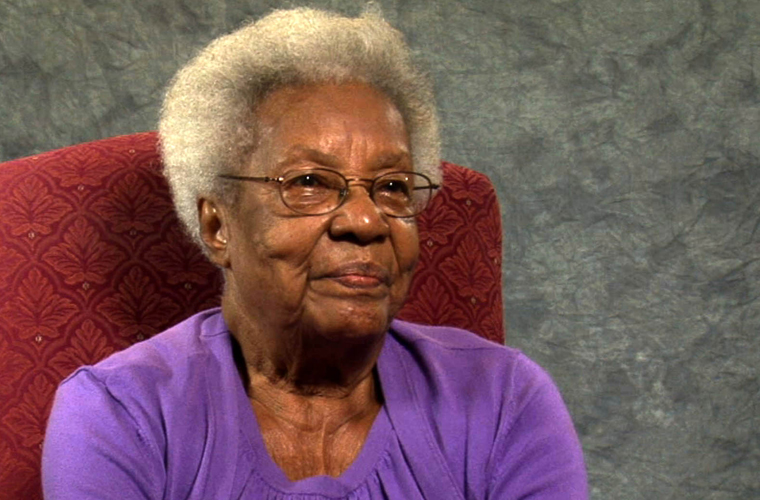Gertrude Jackson and her husband, Earlis, were active advocates for their community in Marvell, Arkansas long before the arrival of SNCC. Their commitment to justice and equality was evident in their efforts to address the issues facing their children’s school and the wider community. Mrs. Jackson’s early experiences growing up on a small family farm in Gum Bottom, Arkansas, and her husband’s service as a World War II veteran and plumber provided them with a deep understanding of the challenges faced by their community.
Mrs. Jackson’s relocation from Madison, Illinois to Arkansas at the age of 7 exposed her to the realities of segregated education. Her enrollment in a one-room, all-Black school underscored the systemic inequalities that existed within the education system. This formative experience undoubtedly shaped her determination to fight for better opportunities for her children and the children of Marvell. The Jacksons’ dedication to their community was evident in their decision to become farmers in the Jones community south of Marvell. Their commitment to the land and the well-being of their neighbors set the foundation for their future advocacy work. It was this same dedication that led them to confront the deplorable conditions at Turner Elementary School, where their children were enrolled nearly a decade after the landmark Brown v. Board decision.
The inadequate infrastructure at Turner Elementary School, including issues with the sewage system, highlighted the ongoing impact of segregation and systemic neglect. Mrs. Jackson vividly recalled her children’s distress over the school’s flooded bathroom and contaminated water, prompting Mr. Jackson to investigate the situation himself. His findings confirmed the urgent need for intervention, leading to a pivotal encounter with Howard Himmelbaum and Myrtle Glascoe of SNCC. The meeting between Mrs. Jackson and SNCC representatives marked the beginning of a collaborative effort to address the injustices plaguing Turner Elementary School and the wider community. The partnership between the Jacksons and SNCC exemplified the power of grassroots activism and community organizing in effecting meaningful change.
Through their collective efforts, significant progress was made in addressing the infrastructure issues at Turner Elementary School. The advocacy work undertaken by Mrs. Jackson, her husband, and SNCC not only improved the immediate conditions at the school but also catalyzed broader conversations about racial inequality and educational equity in Marvell.
The story of Gertrude Jackson and her husband serves as a testament to the resilience and determination of individuals who refuse to accept injustice. Their unwavering commitment to advocating for themselves and their community exemplifies the transformative impact of grassroots activism. By standing up against systemic inequities, they not only improved the lives of their children but also paved the way for a more just and equitable future for generations to come. In reflecting on the legacy of Gertrude Jackson and her husband, it is clear that their tireless advocacy laid the groundwork for lasting change in Marvell, Arkansas. Their story serves as an inspiration for all those who believe in the power of community-driven action to create a more just and equitable society.

